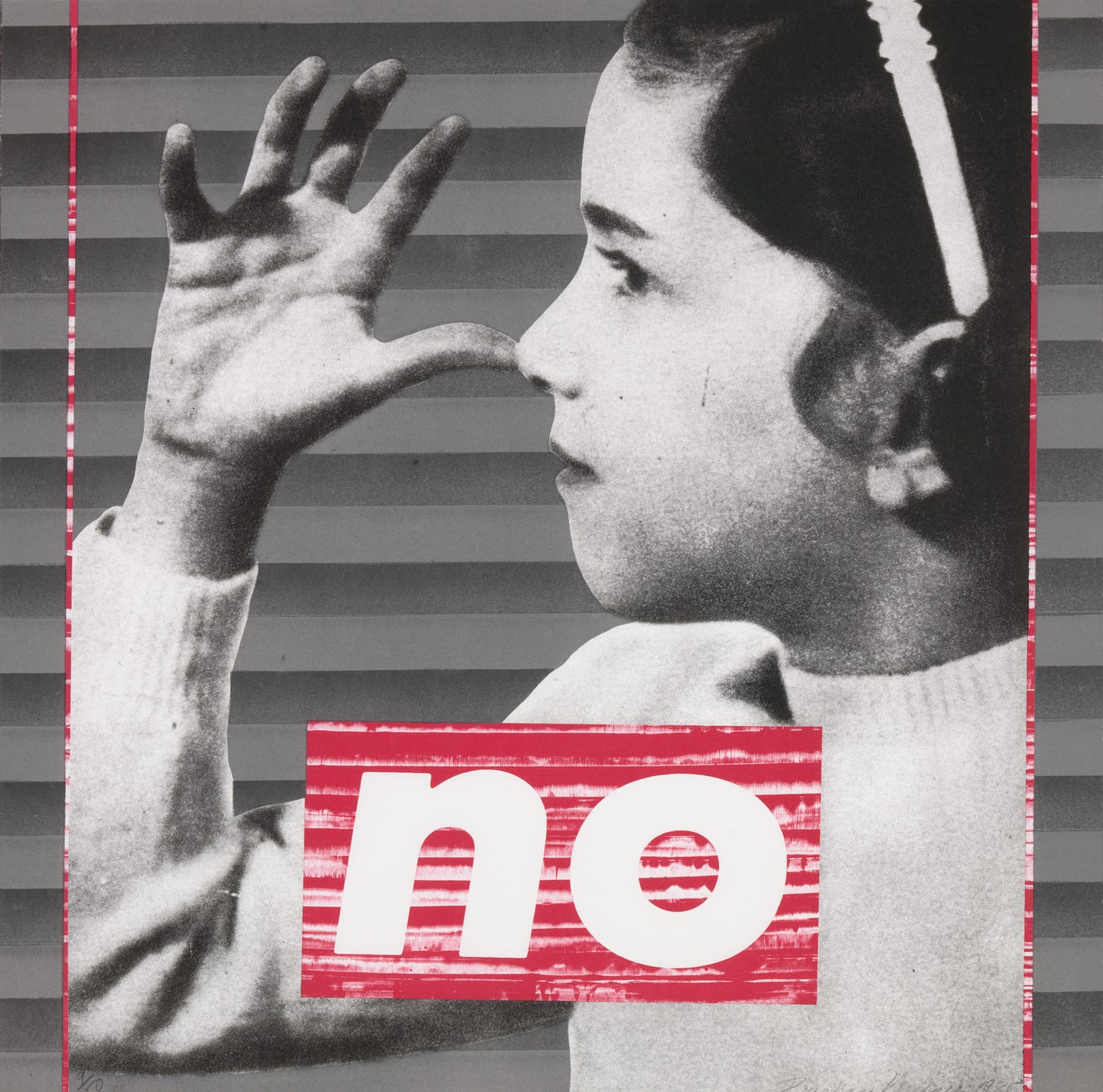
This week at Public Seminar, our authors consider stories of women surviving violence. Adriana Piatti-Crocker explains how Mexico beat the United States to a woman president. Gregory Laski reviews Elizabeth Flock’s new book, The Furies: Women, Vengeance, and Justice, and unpacks the meaning of revenge. And senior managing editor Evangeline Riddiford Graham profiles Vanessa Chan, whose bestselling debut novel explores the desperate choices of a mother and her family fighting to survive war in colonial Malaya.
The Furies Reconsidered
Gregory Laski
Read as a book about how institutions disempower women, The Furies makes the kind of actions that the three characters take seem not only reasonable but necessary for their survival. This strain comes out most fully in Book One, on Brittany Smith. In January 2018, Brittany shot Todd Smith while they were together in Brittany’s home. Brittany and Todd had known each other from high school; as adults, they befriended one another, their paths circling together in the narrow orbit that made up the daily rhythms of life in their Alabama town. Both were addicted to meth: Brittany was currently clean, but Todd was not, and on the night that he attacked and raped her, Todd had been using. As Flock narrates it, “Brittany had seen this kind of meth rage before.” She knew this kind of domestic violence, as well, having suffered at the hands of her husband.
How Vanessa Chan Came to Write a Global Bestseller, The Storm We Made
Evangeline Riddiford Graham
When Chan returned to Malaysia this April, her friends dug up a short story she’d written for their school magazine: a tale set on “the moors.” Chan laughed wryly at the obvious influence of British literature. “I'm a Malaysian girl from a suburb—I'd never been to a moor in my life! It must've been my Sherlock Holmes era.” The Storm We Made, in contrast, is set resolutely in Malaysia—and in Malaysian weather. “I remember one agent asked me, Why is it that everyone in this novel smells bad?” Chan raised an eyebrow. “First of all, have you been to a tropical country? It is hot. You think New York in the summer is bad—imagine that all year round. People are sweaty. Even if they don't smell bad, they worry about it.”
Mexico’s First Woman President Is Not a Fluke
Adriana Piatti-Crocker
Latin America has currently the largest proportions of women parliamentarians in the world, a rate of 35.2 percent, due to quota and parity mechanisms. It is possible that in a near future, women will be equally represented in top leadership positions, if parity systems are effectively implemented for all positions of government and at all levels of government.


